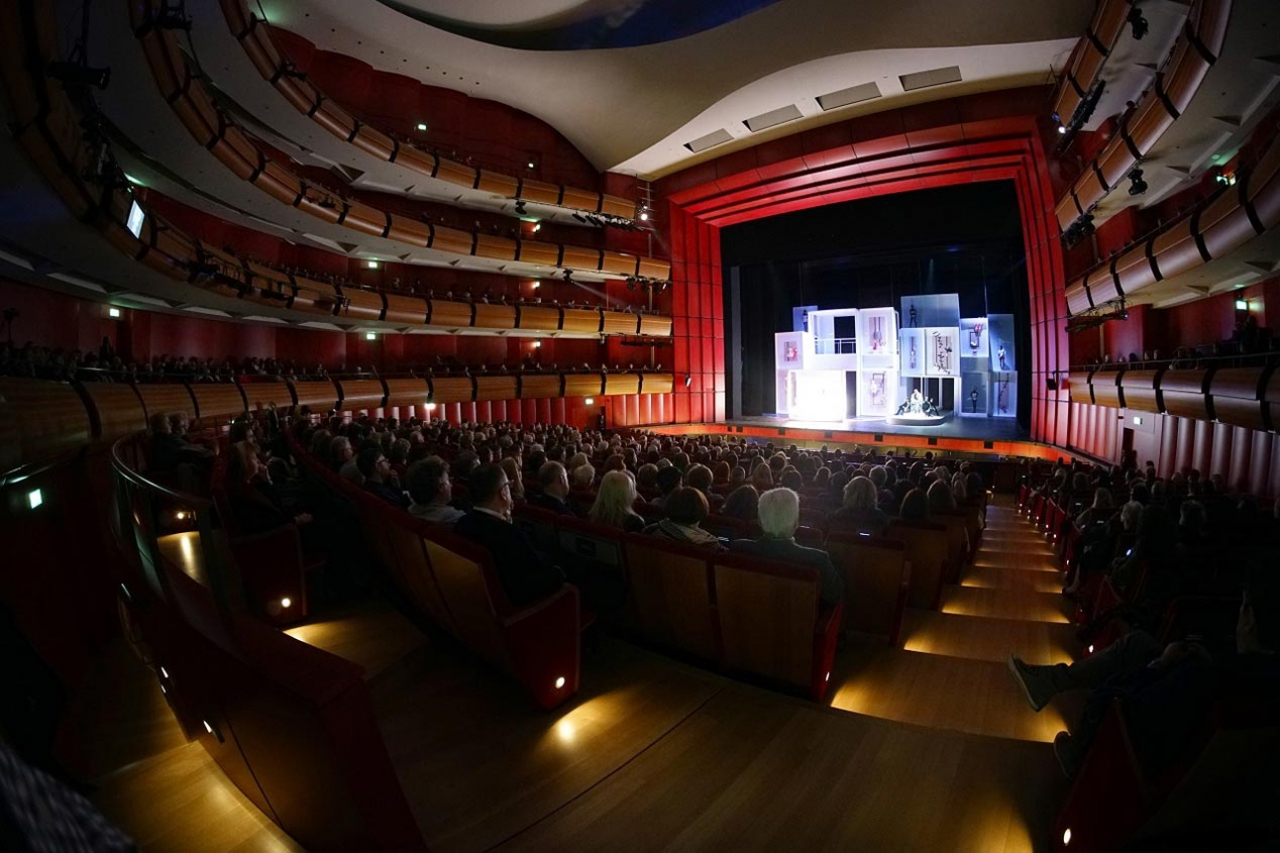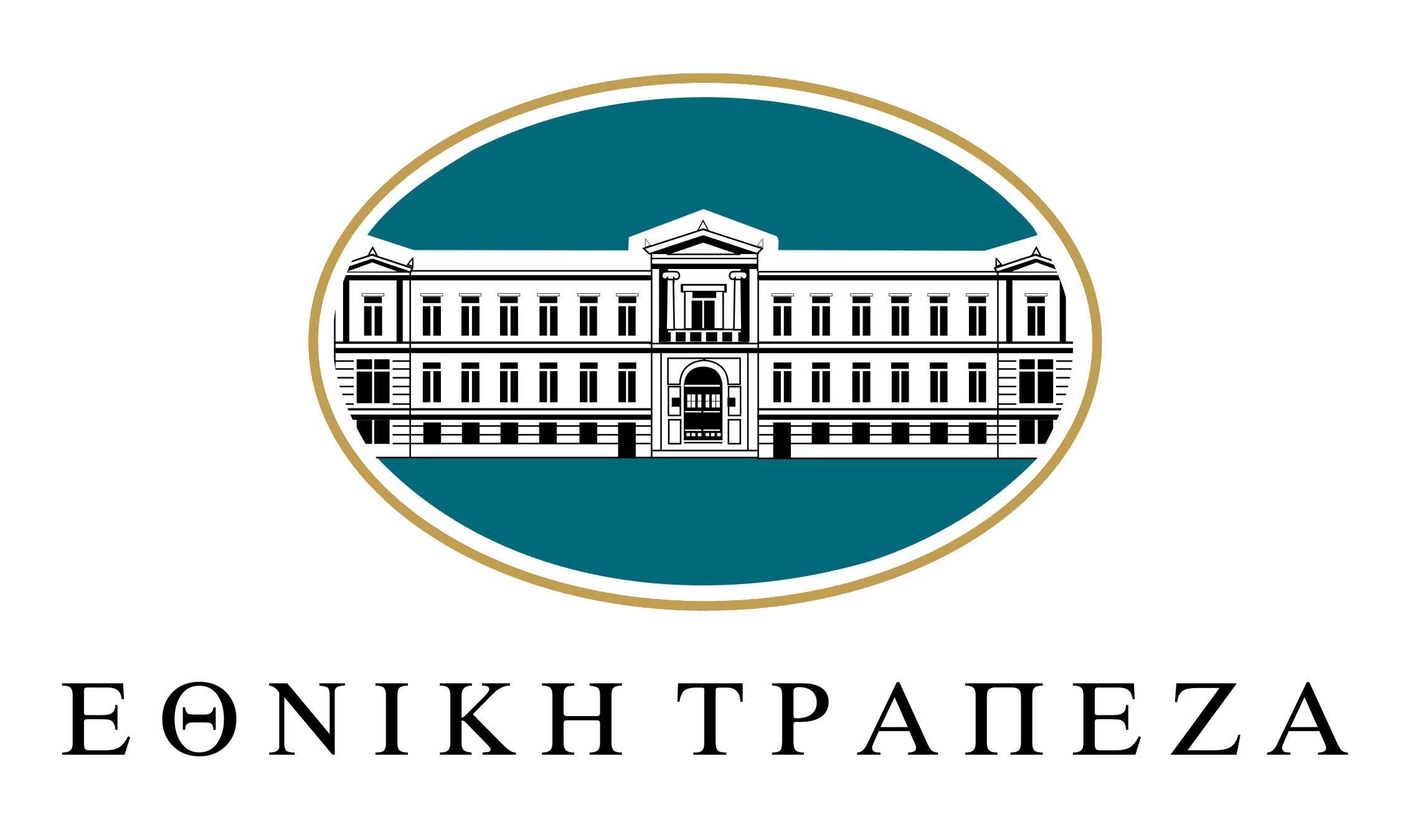Contact
ADDRESS
STAVROS NIARCHOS FOUNDATION
CULTURAL CENTER
364 Syggrou Avenue, Kallithea
TEL.
Box Office:
+30 213 0885700
Box Office email:
boxoffice@nationalopera.gr
Daily 09.00-21.00
info@nationalopera.gr
Register to our Newsletter


CONDUCTORS
Lukas Karytinos
DIRECTOR
Thomas Moschopoulos
SETS
Evangelia Therianou
COSTUMES
Clare Bracewel
MUSIC DRAMATURGY
Kornilios Selamsis
MOVEMENT
Sofia Paschou
LIGHTING
Sofia Alexiadou
CHORUS MASTER
Agathangelos Georgakatos
Ticket prices: 15, 20, 35, 40, 50, 55, 60, 90 €
Students, reduced: 15 €
Limited visibility: 10 €
Greek National Opera - Stavros Niarchos Hall
Stavros Niarchos Foundation Cultural Center
French Opera Cycle
Starts at: 19.30 (Sundays: 18.30) | 

Production sponsor

One of the most famous operas in the French repertory, Massenet’s Manon comes back to the Greek National Opera and the music life of Athens after an absence of 52 years. Based on Abbé Prévost’s novel, the opera tells the story of the unlucky love of Chevalier des Grieux for Manon, the girl’s adventurous life, her love for luxury and her death in squalid conditions, while Des Grieux’s tries to keep himself away from her. Massenet renders the ambience of each situation through a music that is lively, full of passion and most of all sensuality, and with a style expressing in the liveliest way the French belle époque, its aesthetics and values.
The opera will be directed by the distinguished theatre director and artistic director of Porta Theatre, a man with substantial experience in opera, Thomas Moschopoulos. As he notes: “So, Manon. A work whose most distinguishing characteristic is, as one could say, its ambivalence. At all levels: ambience, theme, musical style and ethos of characters. On a different occasion these could be considered as weaknesses but in this case, they become an exquisite example of the artful management of an enchanting and at the same time dangerous fluidity of meaning. In Manon’s world nothing is certain. Everything starts “easily” and “lightly” like a comedy of morals, but in the end, its dramatic effect almost exceeds that of melodrama. Is Manon an Anti-Traviata or an early Loulou? A victim of circumstance and α society which subjugates a young woman to labels or a libidinous amoralist destroyed by her own narcissism? And what about Chevalier des Grieux? Is he a faithful being with genuine and strong feelings? Or a naïve obsessive young man, used to an easy life provided by his family’s wealth and social status? Perhaps neither Prévost nor Massenet aimed at explicit or moralistic answers. Besides, both the narrative and the opera are products of a time when fluidity prevailed. In the first case, the gallant spirit of the French eighteenth century is challenged by the Enlightenment which calls for critical thinking and questioning of all certainties, while during the belle époque major tensions and inequalities as well as upheavals at all social and spiritual levels are masterly concealed by the general well-being. Like two big bubbles endlessly growing, these two eras will burst into major global crises which will shake the whole world. Could that explain why the staging of this work is particularly interesting nowadays? In the sense that it almost symbolically depicts a world which, inebriated by “easiness” and “carefreeness”, is possessed by an insatiable appetite for consumption of pleasures and ephemeral validation, while values are easily placed at the level of market value, love is confused with eroticism and the concept of pornography can easily be used to express all kinds of human behaviour and not only its literal meaning - a world led with dazzling superficiality toward a deterministic dramatic exit while turning a blind eye on whatever the consequences may be, through the deification of the ephemeral? Both in Prévost and Massenet the “narratives” of Manon Lescaut’s “story” refer to a “past” in order to comprehend the present. Therefore, the staging will blend the 18th and the 19th century with our recent past, starting from their shiny exteriors and the vertiginous sense of “climbing” and ending with the stunningly stark pain of the abrupt fall of the present”.
STAVROS NIARCHOS FOUNDATION
CULTURAL CENTER
364 Syggrou Avenue, Kallithea
Box Office:
+30 213 0885700
Box Office email:
boxoffice@nationalopera.gr
Daily 09.00-21.00
info@nationalopera.gr